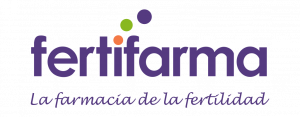Zinc as an Essential Element for Female Fertility
Zinc is a mineral that is involved in many aspects of cell metabolism. Without it, cells cannot divide properly; It can affect the reproductive system to the extent that it does not function adequately. Specifically, zinc plays a role in oocyte division, fertilization, DNA regulation, and embryo development.
In women, zinc plays a vital role in many key areas of reproductive health, including:
- Egg production: A woman’s body needs a certain amount of zinc to produce mature eggs that are ready for fertilization.
- Helps maintain proper levels of follicular fluid, without enough fluid in the follicles, an egg will not be able to travel through the fallopian tubes and into the uterus for implantation.
- Hormone regulation: Zinc is one of the minerals that the body uses to keep hormone levels (such as estrogen and progesterone) stable throughout the menstrual cycle. Estrogen and progesterone levels can become unbalanced if there is zinc deficiency.
- Helps the implantation of the embryo since this process depends on the availability of zinc, both during the development of the oocyte and after fertilization.
- Low levels of zinc have been directly linked to miscarriage in the early stages of a pregnancy.
Zinc sources
Zinc is present in some foods such as the following:
• oysters, contain more zinc per serving than any other food.
• meat, fish, poultry, shellfish.
• fortified breakfast cereals.
• beans, nuts, whole grains.
• eggs and dairy products.
Dietary supplements
Zinc is available in supplements containing only zinc; others containing zinc in combination with other ingredients as is the case of Ferti-L ella (exclusively sold at Fertifarma); and in many multivitamin/multimineral.
